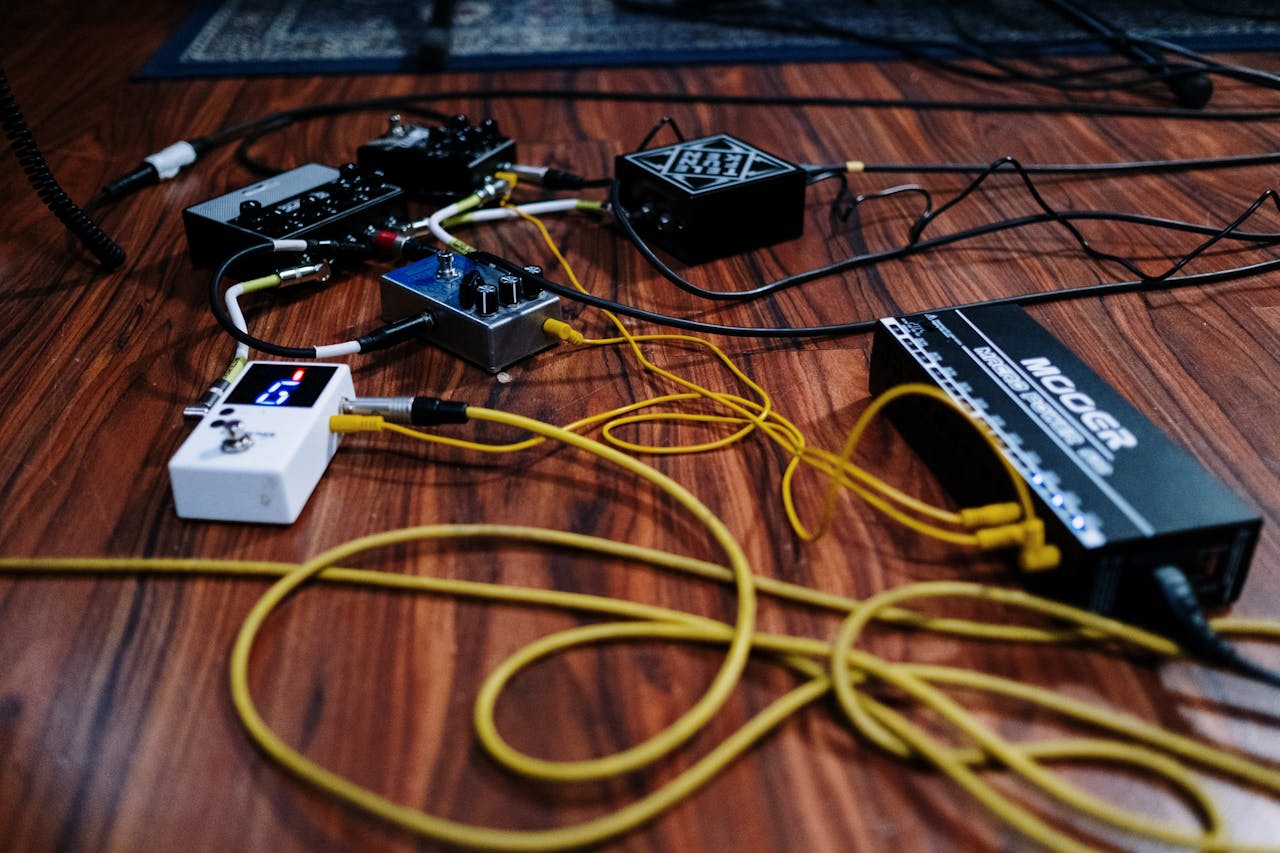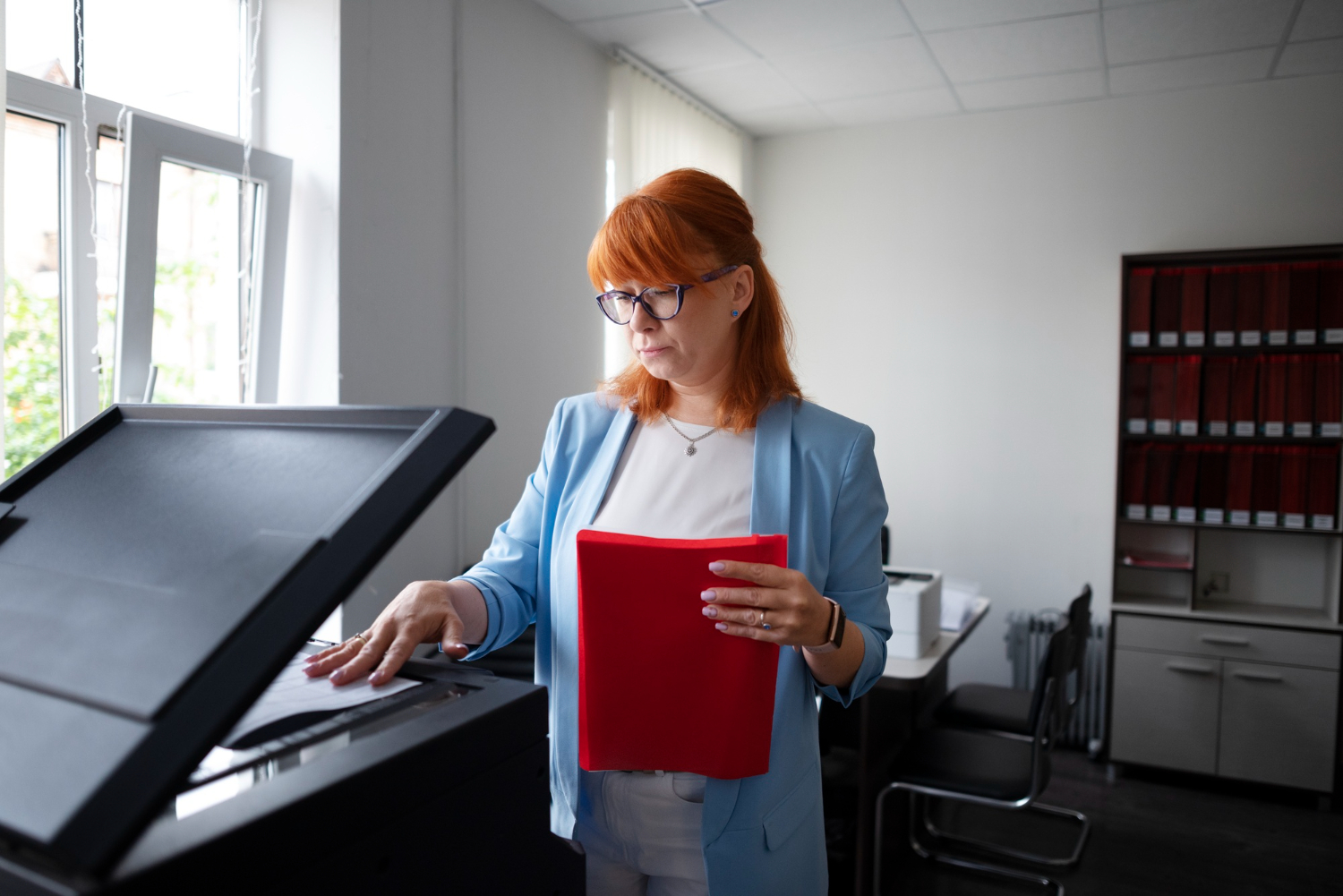[ad_1]
Whereas Africa’s well being programs are nonetheless reeling from the results of the COVID pandemic, the adoption of digital well being companies has been revved in some nations. Telemedicine, the standout providing, witnessed huge adoption throughout the pandemic, and within the final 5 years, no different service has been launched more by healthtech startups.
Nonetheless, a selected section has achieved scale quicker inside the previous 12 months. These startups digitize the provision chain and distribution to suppliers. And based on a new report from Salient Advisory, a world healthcare consulting agency, that is the section the place probably the most spectacular progress has occurred for Africa’s healthcare within the final 12 months.
Corporations on this section work with group pharmacies and lower-end suppliers corresponding to drug retailers to assist inventory merchandise. Some embody mPharma, Lifestores, Shelf Life, and Maisha Meds.
“The quickest traction we’re seeing are these serving to the suppliers–those that interface with the client like pharmacies, clinics, and hospitals–to digitize distribution to the patron. That’s the place the best traction has occurred,” stated Remi Adeseun, the director, Africa at Salient Advisory, to Nob6 in an interview.
Salient surveyed over 80 corporations throughout Ghana, Kenya, Nigeria, and Uganda, 25% greater than the quantity it tracked in its final report in 2021.
The fashions of those B2B corporations mirror their retail e-commerce counterparts corresponding to Wasoko and TradeDepot, as they use tech-enabled options to digitize drugs distribution to underserved pharmacies, drug retailers, clinics, and hospitals.
As such, their progress has been fast, Salient says. Lifestores, as an illustration, elevated its retailers from 85 to 600 in Nigeria; Maisha Meds grew from 400 to 900 retailers throughout Kenya and Nigeria; Shelf Life has over 1,630 retailers in Kenya and Nigeria, up from 400 the 12 months earlier than.
The report says 36% of all-time funding reported by the well being provide chain startups it profiled was raised within the final 12 months. Nonetheless, the section is but to report the kind of investments which have poured into B2B retail e-commerce within the earlier two years.
As an illustration, medium-to-large scale gamers like MarketForce and Wasoko have raised between $40-$130 million in single rounds (some together with debt). And save from mPharma, which has a community of Mutti pharmacies and lately raised $35 million to construct out its telehealth and e-commerce choices, funding has been few and much between for B2B distribution healthtech startups.
“Corporations like Wasoko and different corporations in B2B e commerce concerned in FMCG are elevating bigger sums. However the level we’re making inside the context of healthtech and inside the smaller context of our analysis is that these B2B corporations are rising the quickest. During the last 4 months, in addition they raised the bigger sums of cash,” says Yomi Kazeem, senior advisor for West Africa at Salient Advisory. “And naturally, funding in well being tech is mostly low. So we wouldn’t count on them to be elevating giant sums simply but. However there’s each chance that as they develop, which may change.”
A method Adeseun reckons which may occur is that if B2B e-commerce platforms in retail take an curiosity in pharmaceutical and health-based merchandise. However he contends that since most of those startups haven’t scratched the floor of an enormous FMCG area, it’ll take a protracted whereas earlier than they put money into B2B drugs distribution.
Adeseun additionally cited two occasions that might push extra funding into this section. “We predict one of many issues that may even drive investor curiosity is when the size matches the form of urge for food they’ve. Many startups function in single or two nations, so increasing geographic footprints might be an enabler to attract in higher funding.” The second is clearer and forward-thinking rules.
However Salient notes in its report that regulatory frameworks governing this area, particularly e-pharmacy actions, have developed since final 12 months. On-line pharmacy rules have been launched in Nigeria and Ghana and are in growth in Kenya and Uganda. The report says all rules presently require on-line pharmacies to have a licensed bodily location beneath the management of a licensed pharmacist.
“Uniquely, Ghana goes past enacting on-line pharmacy rules to embark on broader digital transformation of pharmaceutical care, via a government-run, centralized e-pharmacy platform to deal with all on-line pharmacy transactions throughout the nation,” its authors wrote.
“This might rework the provision of product information and confer end-to-end visibility for product motion within the on-line pharmacy area. As soon as absolutely established, the platform’s scope may very well be expanded to incorporate well being merchandise presently being distributed via offline fashions and function a mannequin for related initiatives past Ghana.”
The analysis discovered that whereas many startups, retail pharmacies, and e-commerce gamers corresponding to Jumia and Copia stay energetic in digitizing distribution, prospects ordering over-the-counter merchandise from their on-line channels appeared small.
On competitors between these platforms, Adeseun stated a couple of of those chain pharmacy incumbents, corresponding to MedPlus and HealthPlus, are taking over a digital technique by including telemedicine capabilities, thus responding to the innovation that startups launched. Nonetheless, a direct path to multi-national telemedicine scale via these chains will not be clear, the report contended.
Concerning how they affect their market, 94% of corporations surveyed claimed to have an effect on drugs provide. 60% stated theirs was on high quality, whereas 43% of innovators claimed an impact in decreasing pharmaceutical and drug costs.
Final 12 months, two speaking factors from Salient’s report have been the necessity for elevated capital from Africa-based buyers and more cash to circulate into women-led startups. There’s been an enchancment on the previous: 58% of innovators that raised funding within the final 12 months cited Africa-led buyers as a supply of financing. However nothing has modified for the latter class as women-led startups will not be nonetheless receiving the funding they want. In accordance with the report, female-led startups with black CEOs accounted for two% of the full funding raised by healthtech startups featured on this report. In 2021, they obtained simply $1.6 million.
Spurred by the findings, a consortium of world and continental organizations, with funding from the Invoice and Melinda Gates Basis, is about to launch a $7 million pan-African healthtech initiative. Adeseun stated the initiative, dubbed the Investing in Innovation (I3), will deal with ladies’s entry to funding: supporting and funding 60 early and growth-stage African well being provide chain startups over two years–and offering entry to expertise growth.
“Ladies founders are deprived,” the director stated. “And that’s one of many issues the funding in innovation will attempt to deal with: to take that gender and deprived African founder lens and prioritize them when choosing the potential beneficiaries who will take part in this system.”
The pan-African initiative may have 4 hubs in east, north, south, and west Africa. It can give these startups entry to market alternatives and showcase them to impression buyers and enterprise capitalists. The expectation for the initiative is that after the 2 years elapses, further funding will come from growth companions who’ve already indicated curiosity however need proof of success earlier than committing, Adeseun stated.
[ad_2]
Source link












Leave a Comment